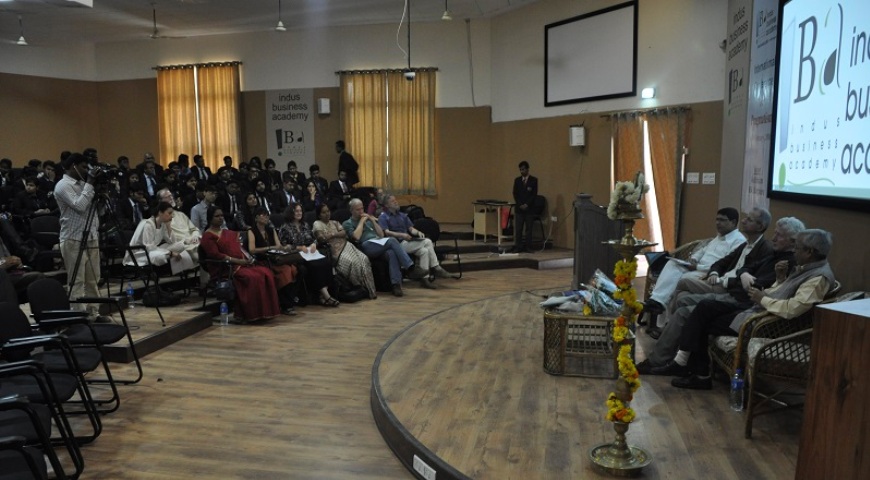
International Conference on Pragmatism & Spirituality
Date: 8th – 9th February 2016
Broadening the Dialogue
Pragmatism has been a philosophical and socio-cultural movement in the US, which has influenced our view of language, social reality and the human condition. American pragmatism as cultivated by C.S. Pierce and John Dewey has influenced post-war continental philosophy in the works of seekers such as Karl Otto-Apel and Jurgen Habermas (cf Aboulafia & Kemp 2002). But this has not been merely a one-way influence. In the works of Apel and Habermas, we see a mutual dialogue between American pragmatism and streams in continental philosophy, namely Kant, leading to what is called Kantian pragmatism. Kantian pragmatism has influenced critical theory. Kantian pragmatism has opened up pragmatism to new realities and possibilities as a result of the dialogue between American pragmatism and continental philosophy.
But this dialogue now needs to be broadened and needs to be part of what can be called planetary conversations. There is a need for dialogue between varieties of pragmatism and also for exploring spiritual horizons of pragmatism. For example, Confucianism does have an emphasis on practice and pragmatism. John Dewey did visit China and did get to know the Confucian streams of theory and practice. Pragmatism does also have a spiritual horizon and base as, for example, in many streams of Indian spiritual traditions, there is a focus on transformative practice. In this context, Sri Aurobindo in his Life Divine talks about a nobler pragmatism “guided, uplifted and enlightened by spiritual culture and knowledge.” In his Human Cycles, Sri Aurobindo also talks about spiritual vitalism. Sri Aurobindo also urges us to look at language as mantra and cultivate the mantra dimension of language. He urges us to go beyond a simplistic view of language as a reflection of society. It resonates with Martin Heidegger’s conception of language as a way of making movement. In Sri Aurobindo and Heidegger, we find streams of spiritual pragmatism in their meditations on language, self, being and reality which can also inspire us to explore the spiritual struggle in Wittgenstein’s conception of language as a form of life.
With a creative dialogue with Sri Aurobindo, Heidegger, Wittgenstein and philosophy, namely Kant, Habermas and Dewey, we can cultivate paths of spiritual pragmatism, as a new way of looking at self, society, language and reality. In spiritual pragmatism languages and practices are born of multidimensional sadhana, strivings and struggles touching both the social and spiritual bases of life and society. Spiritual pragmatism involves interpenetration of spiritual and material, immanent and transcendence, capability and transcendence. Spiritual pragmatism involves practical discourse as suggested in the critical theory and practice of Jurgen Habermas and practical spirituality, suggested in the works of Swami Vivekananda, Sri Aurobindo as well as in many transformative spiritual movements in societies and histories (cf. Paranjape 2009). Spiritual pragmatism thus contributes to strivings for the realization of non-duality as an ongoing sadhana and struggle in life, culture and society. It is noteworthy that there is an important legacy, of overcoming dualism in American pragmatism as well which we notice in the work of social philosophers such as Goerge Herbert Mead who urge us to go beyond the dualism of subject and object (cf. Mead 1934, 1935; Giri 2012).
[Best_Wordpress_Gallery id=”45″ gal_title=”IC S&P”]
